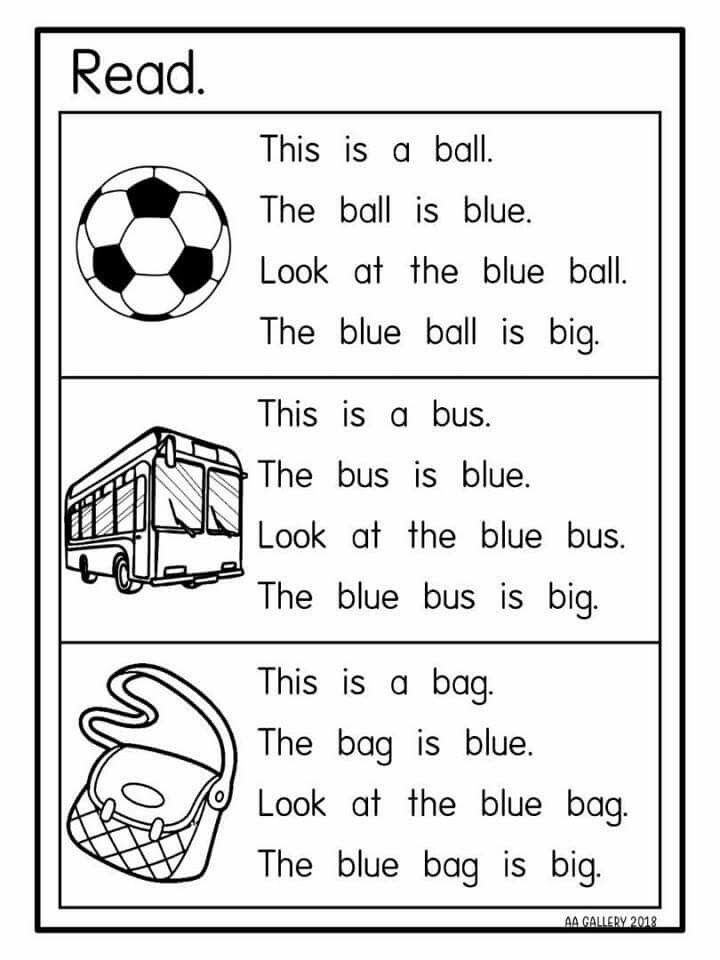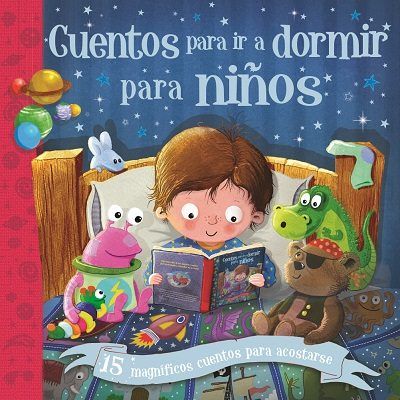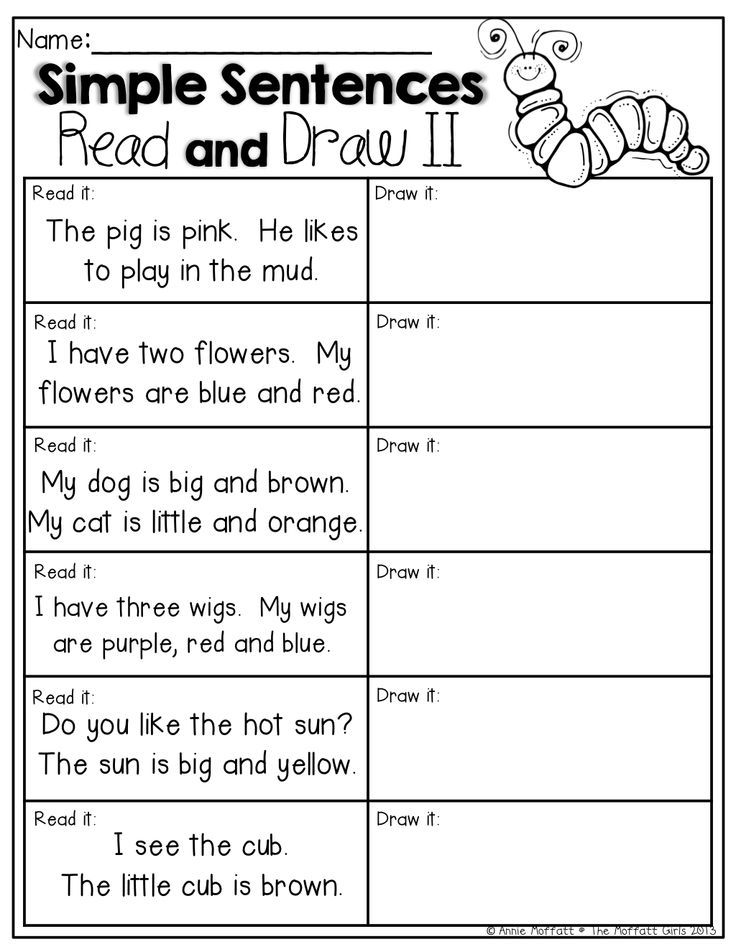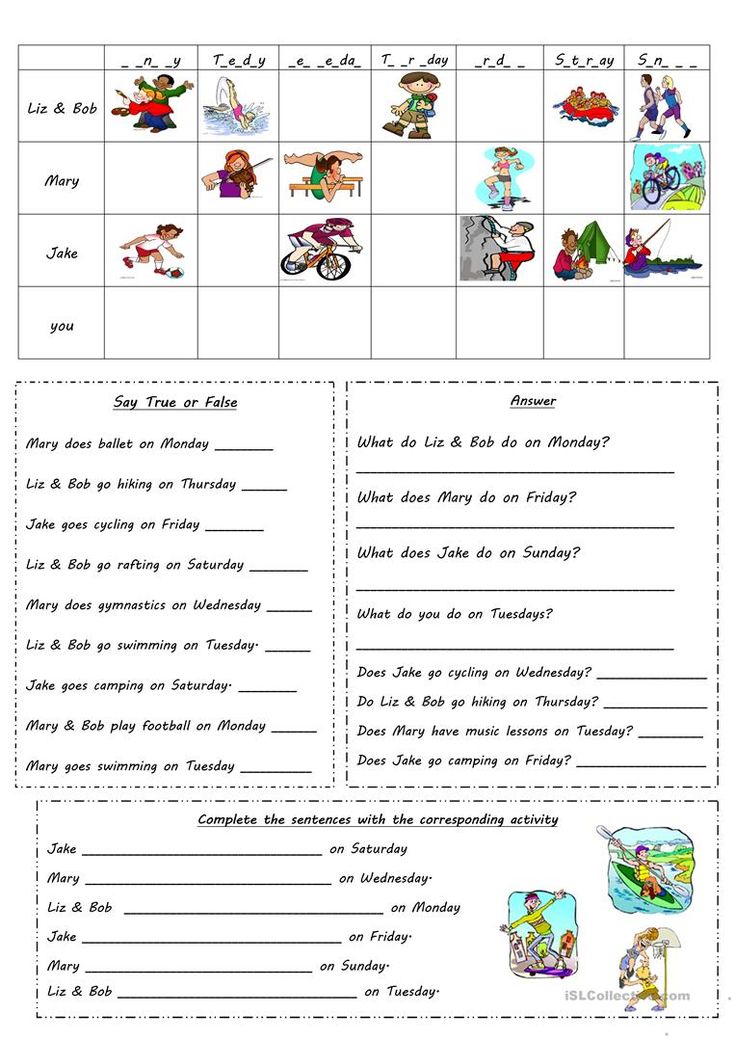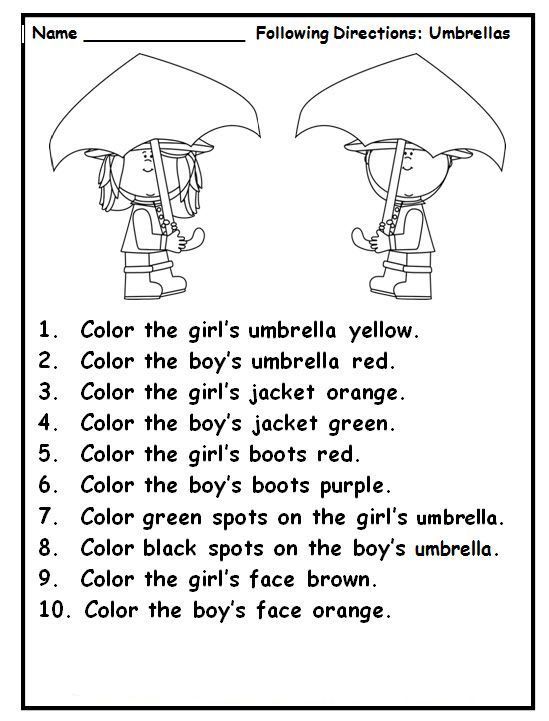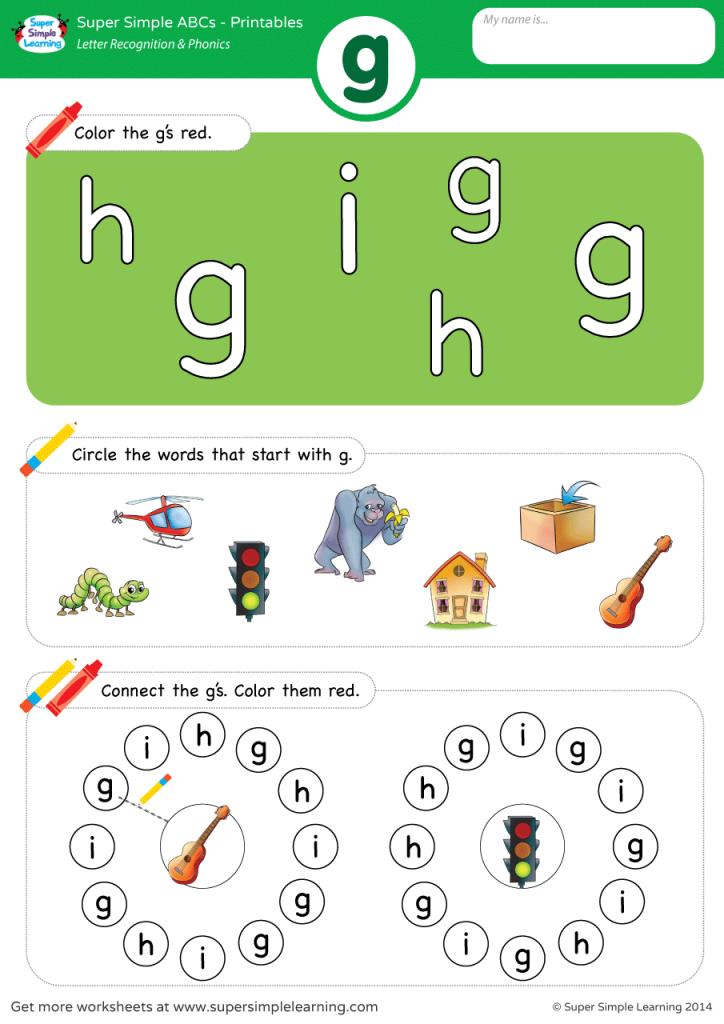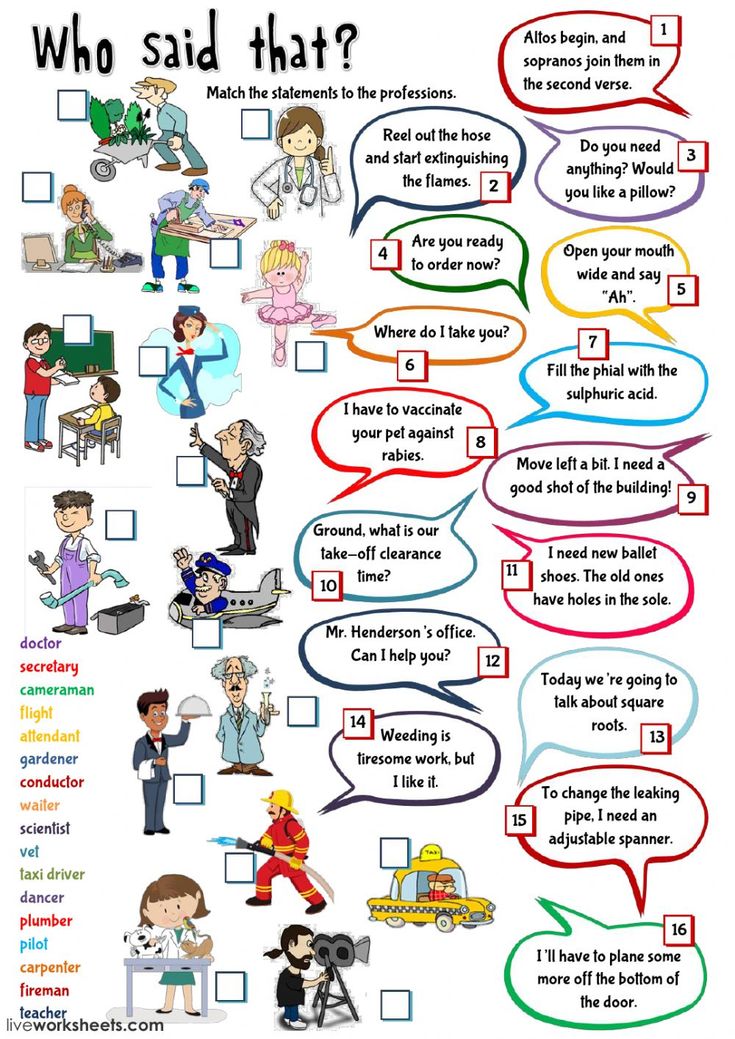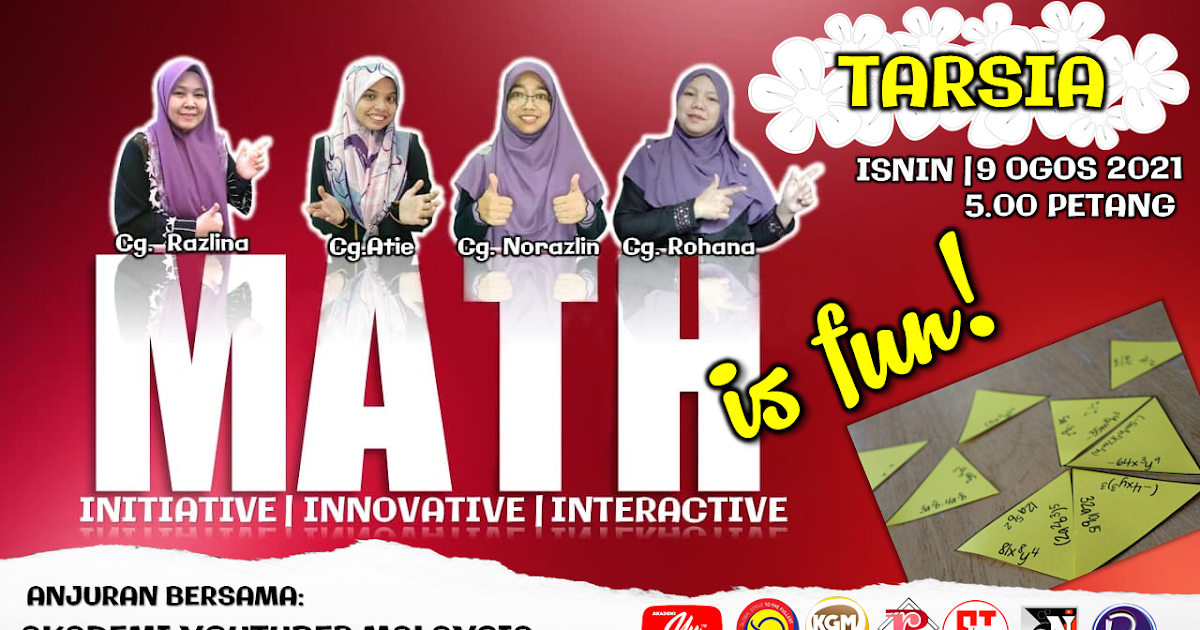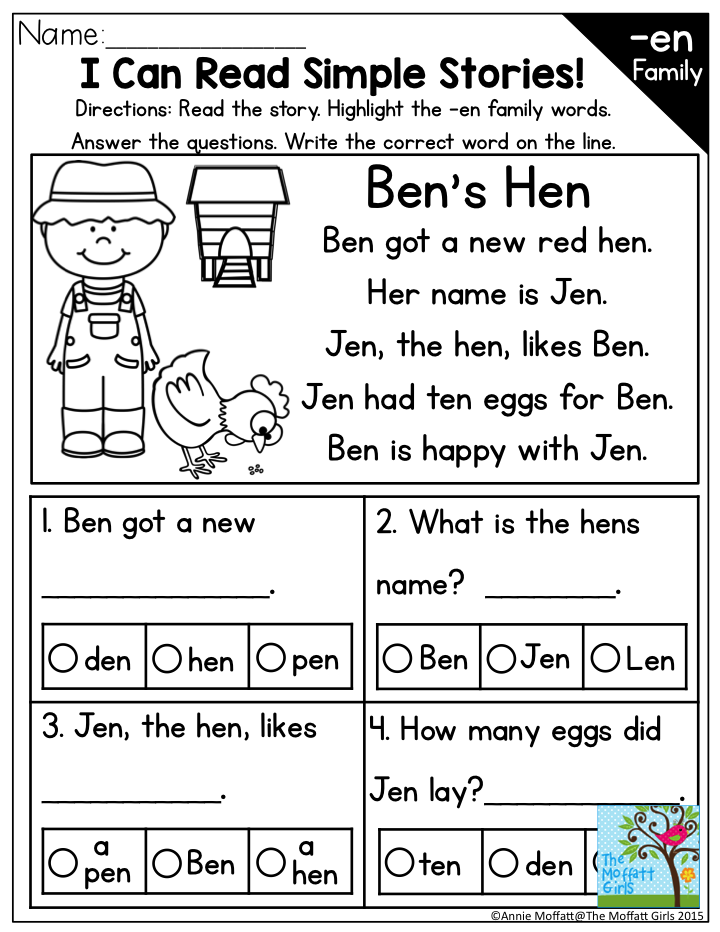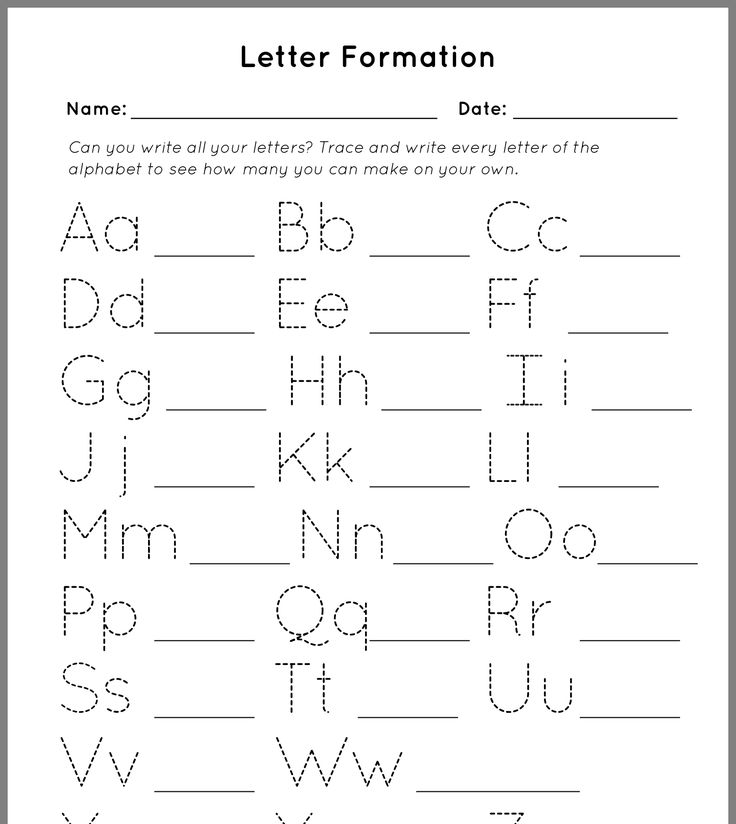Reading for preschool
Reviews 1 — Reading In Preschool
I have to say the CONFIDENCE that she has built in my children has been amazing. Scar is on her way to fully reading and Brooks has catapulted to a whole new level. I am not one to tutor but I am one for confidence and education and I have to say she has made a huge difference in my children’s lives. I’ve seen firsthand how her method works, and am excited to be able to share her information with everyone!— Molly Sims - Los Angeles
I like it alot.. your class is fun— 5 year old -NYC
This little cutie was so excited to see her teacher online the next day that she asked her mom to film her doing her Reading in PreSchool homework to send to her.
A great teacher inspires a love of learning! Shout out to @Samlopinto
“Love this program. ” - @gin.516 - NY
Thank you @jackiebrogadir for sharing the video!
In the few months that our son has been working with Reading In PreSchool, his world has opened up as he has starting to string letters together into words and sentences. As a psychotherapist, I have spent much of my career working with children and I have been so impressed by Liz’s ability to emotionally connect with our son, capitalize on his strengths and actually (at the age of four) get him to start reading and to be excited about doing so. She is effectively able to use play and humor to appeal to his intellect and her lessons are tailored to his needs.Liz has been able to cultivate a love of learning and reading in our child at an early age because she understands his abilities and is so encouraging and enthusiastic. This is something his teachers have been unable to do.— Katherine H. - Child Psychologist in Brooklyn, NYI know that the lessons he is learning with Liz will continue to help him as he embarks on bigger challenges and we are so grateful.
After one lesson my daughter’s entire attitude toward books changed from negative to positive, and she’s now reading and loving every minute of the lessons and begging me for books. My honest opinion is this is one awesome program. Book yourself a reading tutor!— Valoree H. Harlem, NY
Liz a phenomenal instructor. She developed a unique system that introduces reading to preschoolers. It is highly effective; my 3 year old was reading full sentences after just one summer! Our daughter is now in kindergarten and she loves reading so much that she even published her own book!— Laly, UES, 2019
Emma’s experience with you was amazing! Emma was 6 when we started.— Maria P. UWS, NYCShe wasn’t reading on her own and we started noticing her progress within the first month. Now she is now 8 and reads chapter books! Alicia will be ready for lessons soon!
Wow! This business produces real results!A friend used their services and saw their 4 year old jump to a second grade reading level within 6 months!We had the same astounding results with our 6 and a half year old daughter who jumped 7 levels, from B to J with in less than 4 months.— -P. M. Battery Park, NYC
Our reading tutor was a phenomenal instructor. She developed a unique system that introduces reading to preschoolers. It is highly effective; my 3 year old was reading full sentences after just one summer! Our daughter is now in kindergarten and she loves reading so much that she even wrote her own book— Laly K. Manhattan, New York, NY
Liz and Reading in Preschool was the best choice for my daughter.— Annie M. Gramercy, NYC, 2013My daughter Emma was 3 and she loved to read. Liz was very good with her lesson plans and the reading really just took off from there. Start them young and they will develop a love of reading.
Emma is now in First Grade and was tested and passed the third grade reading proficiency test! All thanks to you! We’ve moved, but please ship me your workbooks so I can start your program with Ella!— Annie M - 2016
LOVE LOVE LOVE!— S R. UWS.
My daughter LOVES reading now!. She is so proud and happy - just 6 weeks later (she was working on letters already) SHE IS READING. It is perfect - Liz comes to the house, natural, organic and no schlepping. Liz can adjust the times to longer as the child needs/wants.
My girls have always attended great progressive schools that emphasize reading ‘readiness’ over actual reading.— Jeff. W. HarlemMy older daughter who was four at the time, explained to me that she really wanted to learn to read. I knew the school would not officially begin teaching reading until 1st grade, and I wanted to support her in her desire to learn.
Liz came highly recommended by a former colleague and classmate from Yale, who raved that Liz had taught her children to read and that they were several years beyond their classmates.
Liz has not disappointed; I’ve always been thrilled with the her work with my girls. She challenges them in a gentle and nurturing way, and she makes house calls which is so convenient. Even my youngest daughter who started with Liz at age 3, and who prior to the classes used to say that “reading is stupid”, can now read at a 2nd grade level and hasn’t yet started kindergarten!
Both girls have seen Liz twice a week for about a year, and it has been a very positive experience. Thanks Liz!
My 5 year-old-daughter has improved so much in her literacy skills.— Rachel R. Battery ParkSince she’s not an native english speaker, I was concerned about her school year in kindergarten. After just a few months with a Reading in Preschool tutor, she is up to par! Thanks!
Reading was always a struggle with my 7 yr old daughter. After a couple of months with two wonderful tutors (Alison & Claire) I have noticed the confidence building and reading has become a real pleasure. You have truly changed our everyday (homework) lives!! Thank you Reading In Preschool! I would highly recommend their services! Liz is so accommodating and really knows how to match her teacher’s with kids. Thank you Thank you Thank you! — Samantha R. Battery Park
Liz has been nothing short of amazing with both of my children. They both adore her. We started when my son was 5 years old. He had so much success so quickly we started our 3 year old daughter.— Rose C. UESOur daughter who is now 4 is reading at a kindergarten level. I would highly recommend Liz and her team to anyone who is interested in accelerating their children’s reading abilities.
My son (in kindergarten) was having some trouble with letter recognition and letter sounds at the beginning of Jan. We started working with Reading in Preschool once a week and after just 2 classes I began to notice significant change, not just only in what he was now able to do on his own and recognize -but in his confidence and attitude towards learning. Two and a half months later, he can’t wait for his weekly session, he is excited to show his tutor the work he did during the week, he has started to write in a “diary” daily, sounding out words bigger then him and writing pages upon pages for hours. His tutor Dominique has found a way not just to relate to him but to connect and teach him in a way through creative play and games so he doesn’t even realize he is doing “work”.— Cari G. Battery Park CityEach week she brings new tools and word play to engage him and he can’t wait to see what’s next. His teacher just reassessed him this past week and not only did he know every single letter /upper and lower combo but mastered all sounds 100% which he only knew about 1/8 of a couple of months ago. It has been incredible watching him grow and learn in such a short period of time.
If there were more STARS to give Liz would have them all. She is amazing. We have been using Liz for about a year and a half. I have a 5 year old and a 3 year old. My 5 year old started reading this past spring (after 10 months at age 4 years and 10 months), and is now on chapter books. My 3 year old is beginning to read short words. The best part about Reading in Pre school is that my children LOVE going to their lesson. It is not a chore for them to have a reading tutor. Having Liz has helped them to develop an even better relationship with books, reading, writing and studying overall.My children run to the door when Liz arrives, and they are eager for their lessons. Her patience is bar none. She makes reading and writing fun for the children. I would highly recommend Liz to anyone who is looking to teach their children to read or even just develop a love for learning. She is the best!
I year later and both kids are a grade level ahead!! I recommend this program without reservation. Best return on investment I have ever received. Thank you Liz!— Seanna Thompson, NYC
Liz is amazing! Through reading games she provides the tools needed to succeed. In a few short months my child not only became an independent reader but an avid one and now reads two grade levels ahead. Liz makes learning fun and inspires kids to reach their full potential.
3/17/2018— Gillian M.My son is in Kindergarten and we started using Reading in PreSchool in the beginning of the school year.
He has OT and speech issues so he is pulled out of class a lot and we thought this would be a great way to supplement what he gets in school and make up for the time he misses.
When he started Kindergarten, not only could he not read but he seemed to have no interest. Elizabeth (Liz) connected us with her tutor Emily who was a perfect match for our son and thanks to Reading in PreSchool, he has not only started to read but he loves it! Emily plays games with my son, which he loves and which get him excited about words and reading.Each week, she gives him flashcards to study and now that he is starting to read, they also make up stories and during the week, he reads them in preparation for his next lesson. They are usually silly which he loves and since he helps to write them, not only is that more exciting for him but he loves to read them to the rest of the family. Emily also works with him on writing letters and drawing pictures which helps him with his OT issues as well - amazing! Moreover, each month they email the parents a detailed progress report which tells you what they’ve been working on, what the goals are for the next month, and areas of improvement.
This information is useful for everyone but can be especially helpful for working parents who cannot be around during the lesson. Reading in Preschool has been invaluable for my son.
5/5/19
Going into First Grade a whole grade ahead in the Fall! Thank you!!!!!!
Beginning of 1st grade, we learned that our son is on the tail end of entire grade in reading readiness. With Liz’s approach (we worked with both, liz and Katie) he went from level A to level J in 6 months. And we think he caught the reading bug along the way! Moving on to chapter books. Would highly recommend!— Alina A, West Village, NYC
We have used Reading in Preschool for the past two years and could not be happier! My daughter’s tutor was fun, creative and highly effective at teaching her all the basics of reading and writing. I couldn’t recommend them more! Ask for Katie!— A.
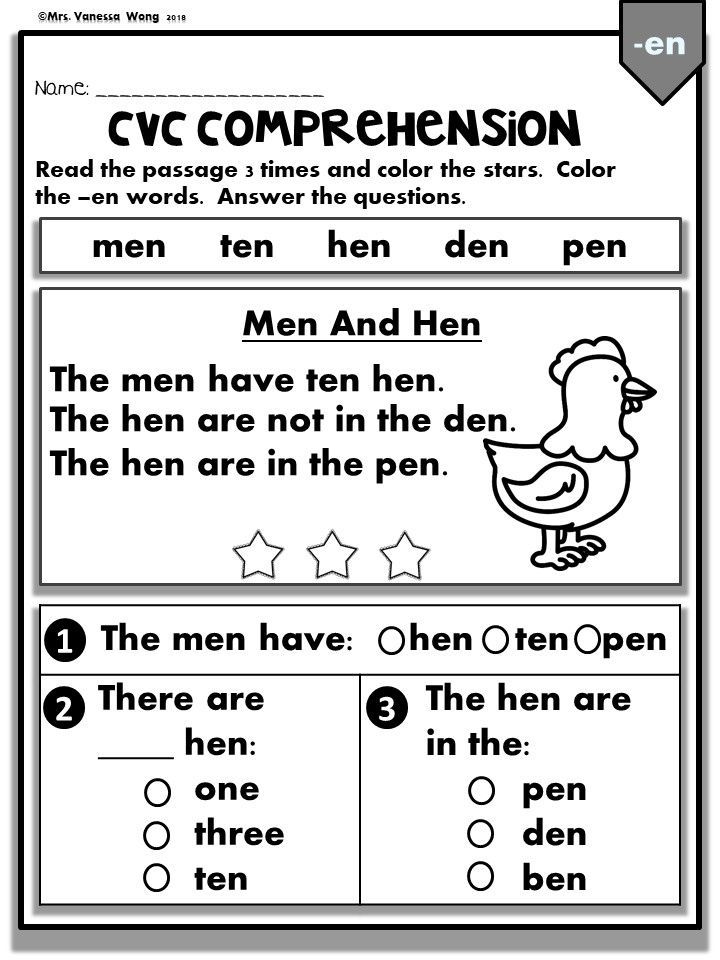 UES, NYC
UES, NYC The Complete Guide For Parents
It might feel like your child is growing like a sprout — just yesterday it seemed they were learning how to walk, and now they’re embarking on the wonderful world of preschool reading!
But don’t worry, we’re here to make sure you don’t get swept up in the tide.
Once your child advances to preschool reading, they’ll be introduced to new adventures and knowledge. All the while, they’ll develop loads of critical skills that will support their learning for years to come. Talk about reading readiness!
Our goal with this article is to let you know what your preschooler will learn and accomplish, as well as how you can elevate their learning at home (while having fun!).
Elements Of Preschool Reading
Learning to read is a complex process. Before your child cozies up with a volume of Shakespeare, there are some skills they’ll need to learn first.
Listening
Preschool introduces your child to so many new things! One of the first (and most important) lessons they’ll learn is how to listen.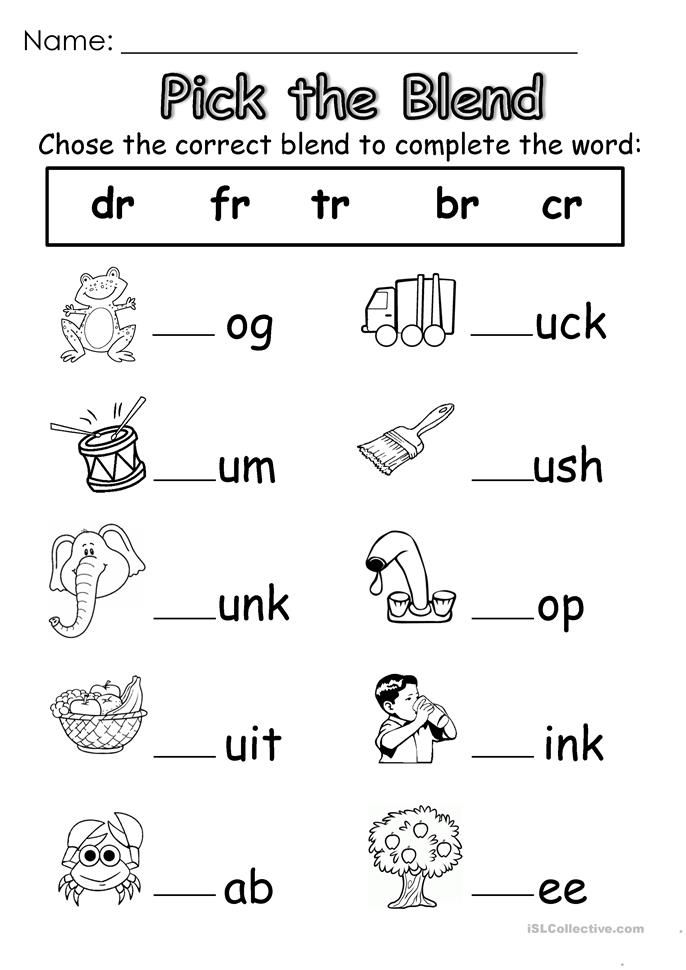
The levels of focus your child uses in the classroom and at home are likely very different. The attentive listening necessary for successful learning is something your child may not be accustomed to at first.
Don’t fret! It will take time, but during preschool, your child will learn how to listen carefully so they can absorb and execute their teachers’ instructions. An added bonus — their listening skills will improve at home, too!
Listening attentively is particularly important during preschool reading. In order to properly receive and internalize all the information they’ll get from a story, your child needs to have their ears “open” and their brains “on.”
Literary Responsiveness
Stories are all about emotions. Your child will likely understand this instinctively. When a character does something bad or silly, they’ll react to the action with disapproval or laughter.
The more engaging the book, the more dramatic a reaction your child may have. If they’re invested in the events of a story, they’ll probably display some intense responses! Responsiveness to stories shows that your child is engaged, focused, and learning.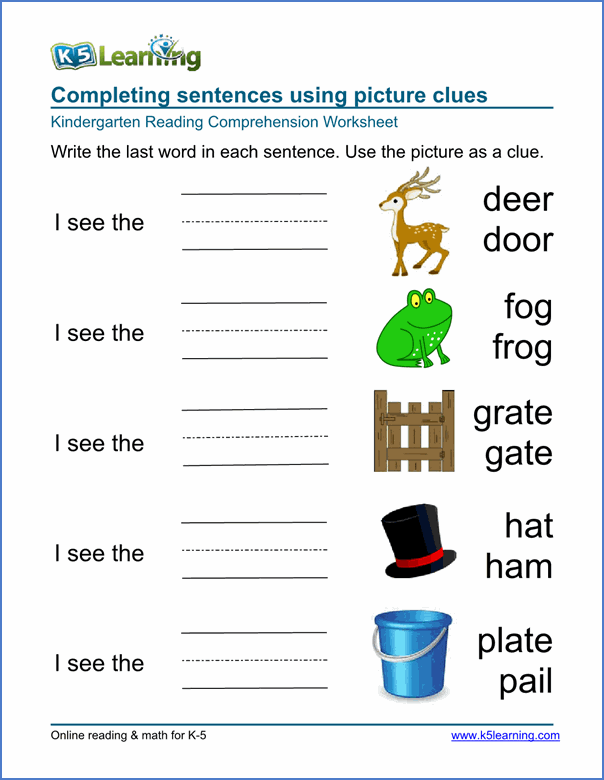
Try to choose books that appeal to your child’s interests. Additionally, books that emphasize simple storylines, easy sentences, vibrant pictures, and plenty of action are great choices!
These books should also have content that helps your child learn while still having fun. Working on their colors, alphabet skills, or sizes, shapes, and numbers as part of storytime is a bonus!
Phonological Awareness And Learning The Alphabet
Before learning how to read words, your child has to learn how words are made — with letters and sounds, of course!
This is where phonological awareness, alphabetic skills, and letter-sound correspondence come into play.
Phonological awareness involves the sounds that make up words. For preschoolers, that means, among other things, recognizing rhyming words and being able to count the number of syllables in a word.
When we say “letter-sound correspondence,” we mean that your child not only knows the alphabet but also knows what sounds match the alphabet letters.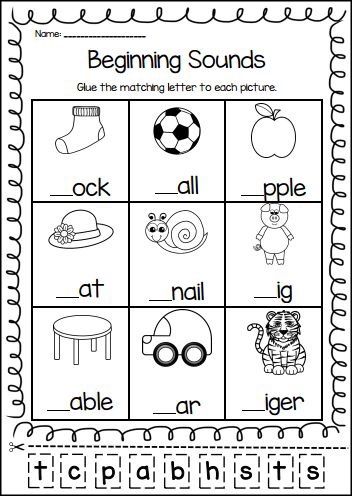 Your child will learn the sound represented by the letter T before they learn how to read and write it.
Your child will learn the sound represented by the letter T before they learn how to read and write it.
Knowing how to recognize these letters, both uppercase and lowercase, means your child will be able to engage in phonological awareness activities of all kinds.
As a result, they’ll become a mighty and capable preschool learner!
Reading Comprehension
Preschoolers are a little too young to know how to pinpoint metaphors or talk about what characters might represent. However, that doesn’t mean preschool reading doesn’t include comprehension skills!
Your preschooler will learn how to summarize a story’s events by prioritizing important details. They’ll also use their recall skills to retell their favorite simple stories. These summaries will be sequential, too, as they learn how to follow and remember a story in order.
Preschoolers may ask questions about what happened in a story to learn more about it. Additionally, they can answer simple questions about things that happened, how characters felt, or about concrete visual details (what color was Rapunzel’s hair?).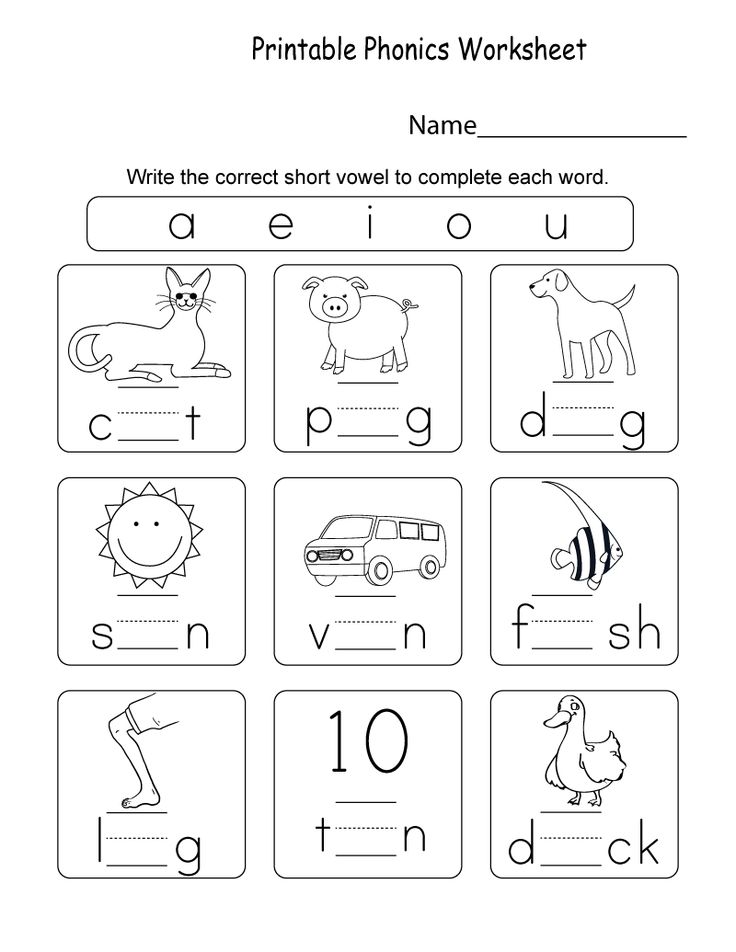
Focused comprehension skills contribute to your child’s understanding of language and storytelling and adds to their vocabulary.
They’ll get better and better at comprehension the more they practice it!
Writing And Reading Applications
What may look like scribbles to you are your preschooler’s attempts at writing! Pre-writing activities, like scribbling and drawing, are crucial for the development of your child’s reading and writing skills.
It’s perfectly fine that their writing may not be legible yet. What matters is that your child is expressing a desire to write and can distinguish between their own writing and drawing.
During preschool, your child will copy letters and words with increasing accuracy as their fine motor skills develop. The very first thing they’ll likely learn how to do is to write and read their own name.
If they have siblings, they’ll probably use this skill to their great advantage to start labeling things that belong to them.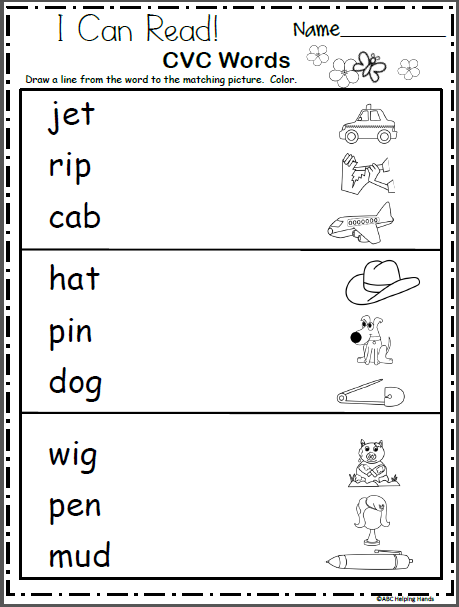
As their writing skills develop during preschool, so will their reading skills and, as a result, their interest in stories. They may launch into storytelling at any moment, either about an event that happened during their day or about a story they read with their class.
They may grow more adventurous with reading, asking to read on their own (which will mostly include reciting their favorite book from memory), or engage in pseudo reading by “reading” store signs, recipe instructions as you cook, or birthday cards.
Book And Print Awareness
Last but not least, your child’s preschool reading skills will include book and print awareness skills. Your child will learn more than just the things happening to characters.
They’ll also learn how to use the information on books to get hints about a story. The cover illustration, for instance, is often a preview to the story within.
They will learn what the author and illustrator do, as well as how to identify information aspects of a book such as the title, the table of contents, and the spine.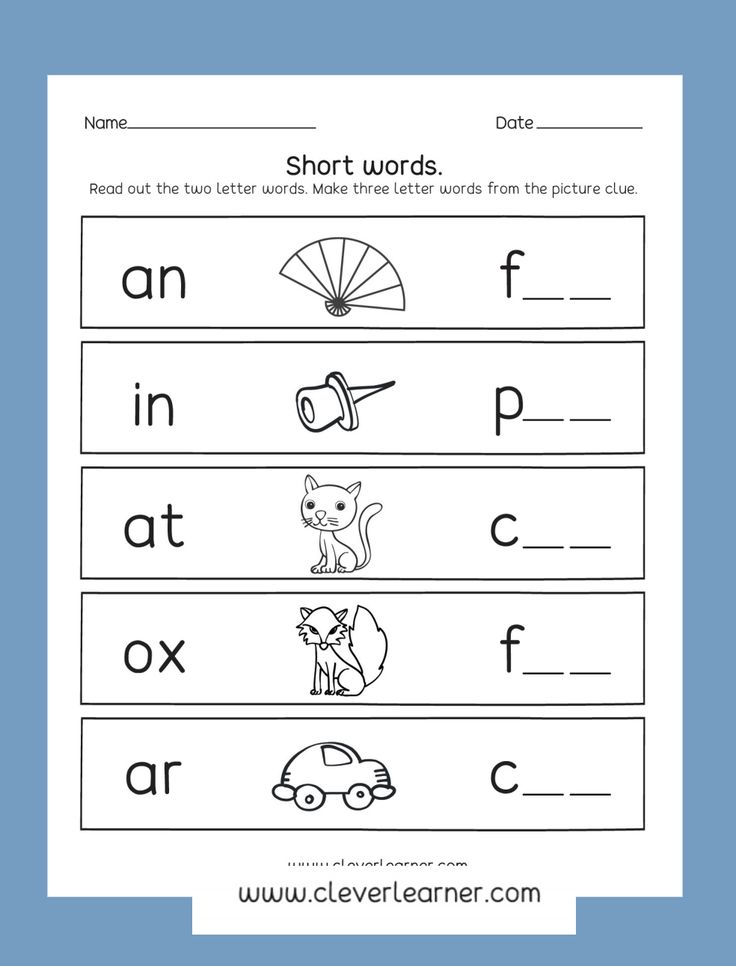
They’ll also understand how to use books properly. They’ll learn that pages turn from right to left, reading happens from left to right and top to bottom, and that the spaces between words help us read.
Pictures are also great elements to rely on, as well. Your child will learn to use pictures and illustrations to support the information they hear and read in stories.
Strengthening Preschool Reading Skills
Practice The Alphabet
Practicing the alphabet is always a great way to support your child’s preschool reading skills!
Singing the alphabet and playing alphabet games are easy, fun ways to practice their knowledge and help them master the alphabet.
These activities will help them understand the alphabetic principle and support their efforts in recognizing and learning letters.
Play Phonological Awareness Games
At HOMER, we offer several phonological awareness games you and your child can play together. They’re simple, effective, and lots of fun!
Phonological awareness games emphasize your child’s ability to play with words by rhyming or swapping around different letter sounds in words.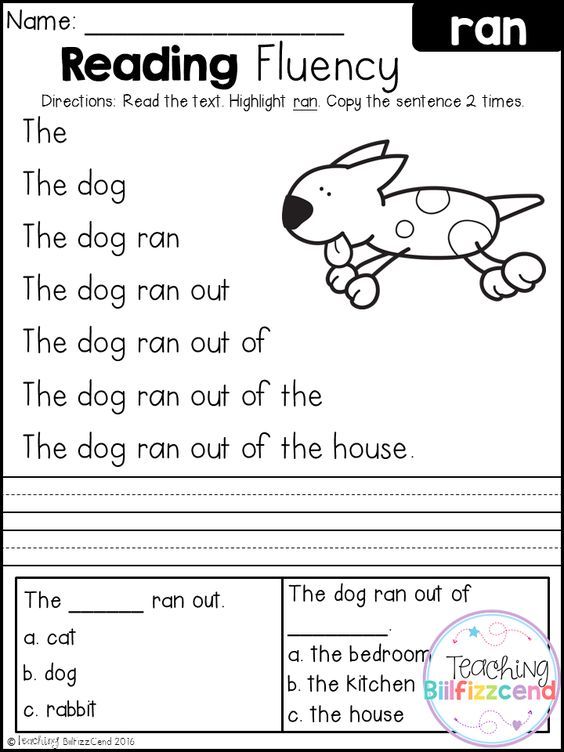 These games will help develop their preschool reading skills and beyond!
These games will help develop their preschool reading skills and beyond!
Work On Their Fine Motor Skills
Developing your preschoolers’ writing skills doesn’t just have to involve tracing letters. We encourage you to experiment with different ways to develop their fine motor skills.
One such way is by incorporating time for your child to craft with you. You can cut, glue, paint, and trace different shapes, numbers, letters, or imaginative illustrations. All of these things allow your child’s fine motor skills to grow.
Don’t be afraid to include your child when you have a writing task. For example, if someone has a birthday coming up and you’re writing a card for them, we encourage you to leave a little space for your child to “write” their own message.
Practice makes perfect!
Make Up Stories Together
Who says you have to limit your child to reading books that are already published? It might be a nice change of pace to make up a story together!
You two can choose to write down your story and pair it with illustrations or just tell it orally.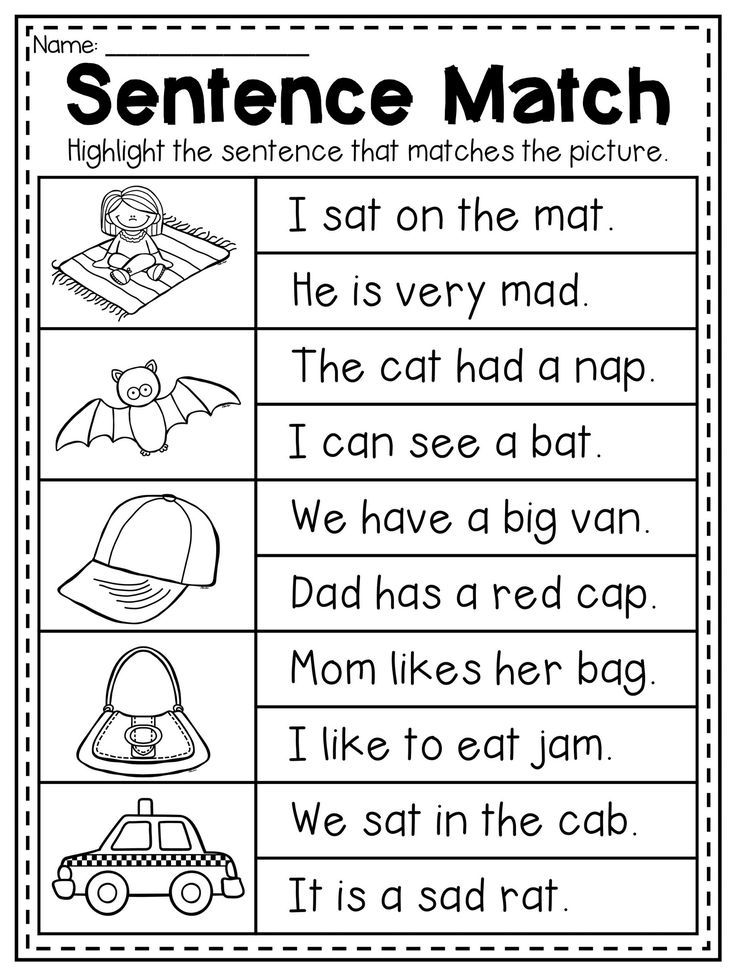 You can start by providing a scenario.
You can start by providing a scenario.
For example, “One sunny day, Mr. Turtle was sitting on a log.” Then ask your child to tell you what might happen next. Repeat the process until your story is complete!
Explore New Learning Methods
Traditional learning methods are great (they’re traditions for a reason!). But every now and then, your child may be itching for something new.
HOMER’s Learn & Grow app may be the perfect thing to change up your routine! Our personalized activities will help your preschooler fine-tune their reading skills and really relish in the fun and excitement that comes with reading.
Preschool Reading Is Just The Beginning
We hope this article helped you navigate the world of preschool reading. We want to leave you with a reminder that this complete guide isn’t a set of rules. Your child may learn some of these skills a little faster or slower than you expect.
That’s perfectly OK! Children learn at their own pace. With all of these fun activities, we know you’ll enjoy the process of “getting there” as much as you will enjoy your child mastering preschool reading.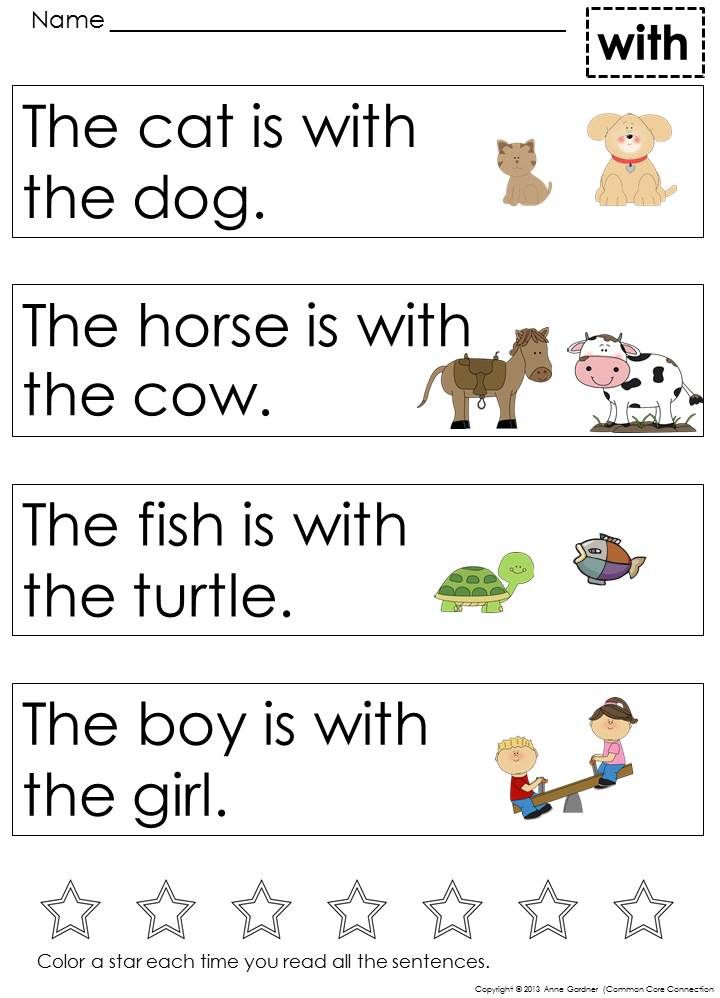
And don’t forget — HOMER is always here to lend a helping hand in your child’s reading journey. Our Learn & Grow app is ready and waiting with tons of learning activities just for them!
Author
20 reading texts for children aged 5-6-7-8
A child who has learned to put sounds into syllables, syllables into words, and words into sentences needs to improve his reading skills through systematic training. But reading is a rather laborious and monotonous activity, and many children lose interest in it. Therefore, we offer texts of small size , the words in them are divided into syllables.
First read the work to the child yourself, and if it is long, you can read its beginning. This will interest the child. Then invite him to read the text. After each work, questions are given that help the child to understand what they have read and comprehend the basic information that they have learned from the text.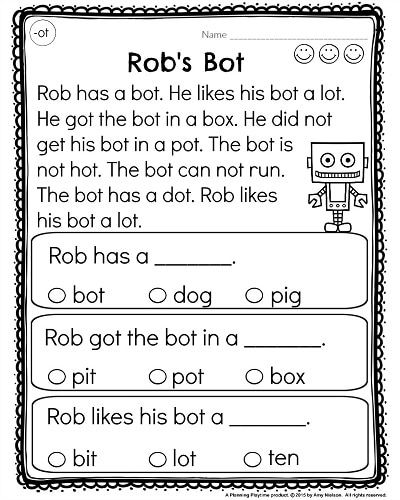 After discussing the text, suggest reading it again.
After discussing the text, suggest reading it again.
Mo-lo-dets Vo-va
Ma-ma and Vo-va gu-la-li.
In-va ran-sting and fell.
It hurts no-ha, but Vo-va does not cry.
Wow!
B. Korsunskaya
Answer questions .
1. What happened to Vova?
2. What made him sick?
3. Why is Vova doing well?
Clever Bo-beak
Co-nya and co-ba-ka Bo-beak gu-la-li.
So-nya played-ra-la with a doll.
That's why So-nya in-be-zha-la to-my, and the doll for-would-la.
Bo-beek found a doll-lu and brought it to So-ne.
B. Korsunskaya
Answer the questions.
1. Who did Sonya walk with?
2. Where did Sonya leave the doll?
3. Who brought the doll home?
The bird made a nest on a bush. De-ti our nest-up and took off on the ground.
- Look, Vasya, three birds!
In the morning, deti came, and the nest was empty.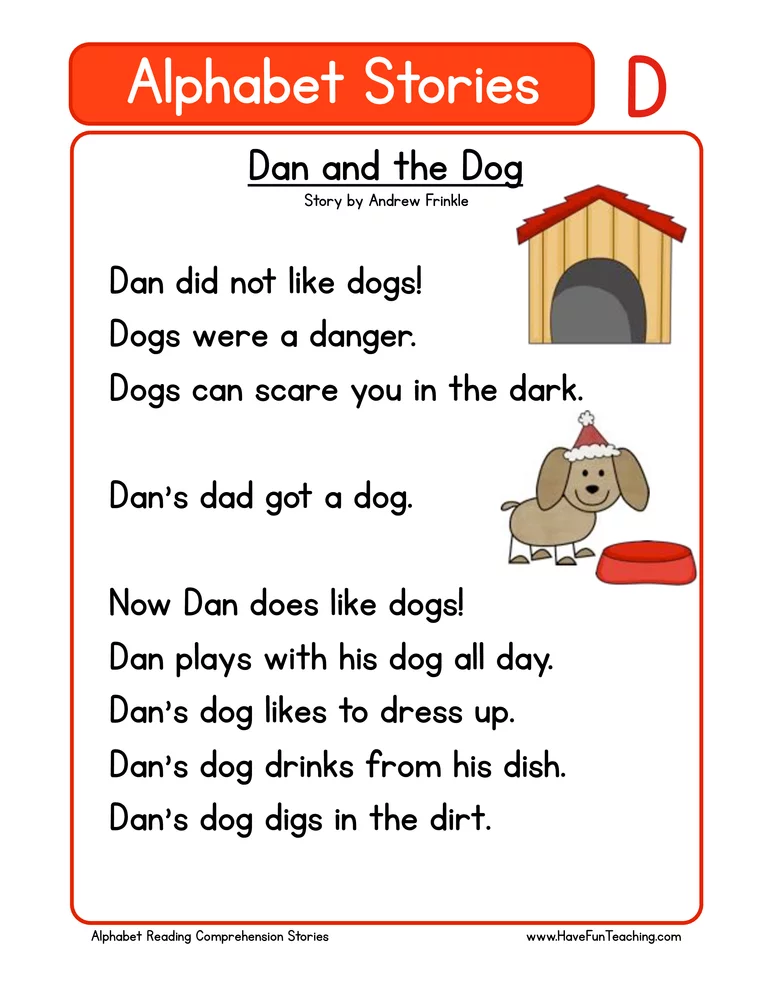 It would be a pity.
It would be a pity.
L. Tolstoy
Answer questions.
1. What did the children do with the nest?
2. Why was the nest empty in the morning?
3. Did the children do well? How would you do?
4. Do you think this work is a fairy tale, a story or a poem?
Pete and Mi-sha had a horse. They began to argue: whose horse. Did they tear each other apart.
- Give me - my horse.
- No, you give me - the horse is not yours, but mine.
Mother came, took a horse, and became nobody's horse.
L. Tolstoy
Answer the questions.
1. Why did Petya and Misha quarrel?
2. What did mother do?
3. Did the children play horse well? Why do you think so
?
9000 9000
9000 9000 9000 9000 9000 9000 9000 9000 9000 9000 9000 9000 9000 9000 9000 9000 9000 9000 9000 9000 9000 9000 9000 9000 9000 9000
015
9 9000 9000
FILVORDA for the development of reading, View here.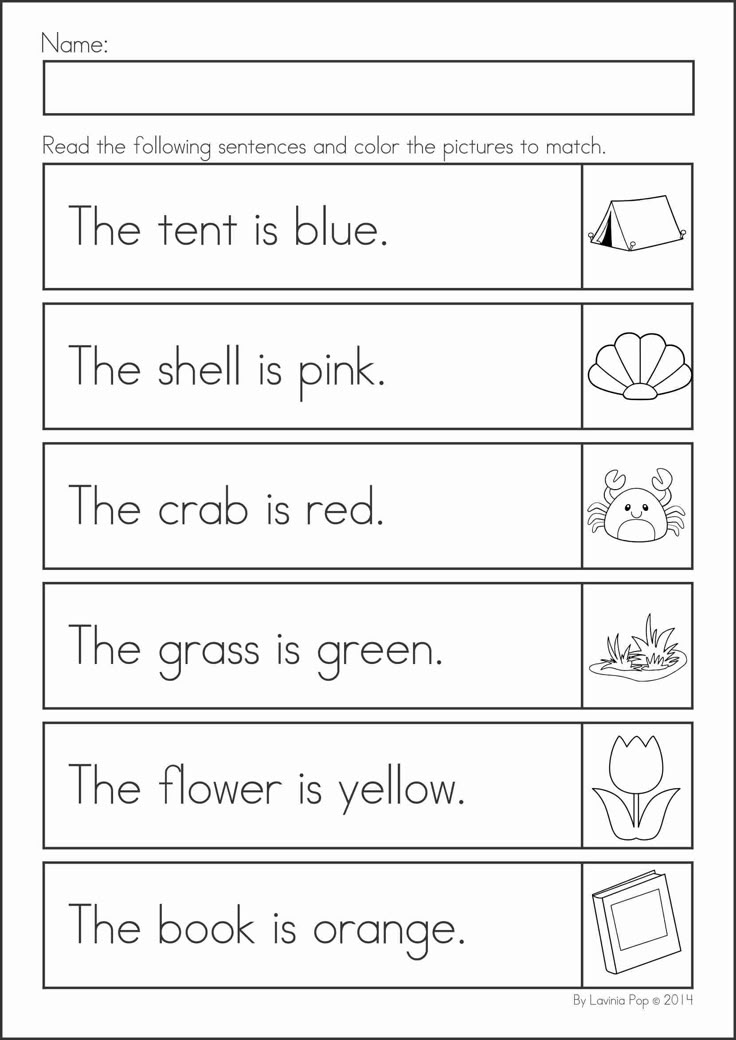
It will be interesting for children to read selected texts, they affect the emotional world of the child, develop his moral feelings and imagination . Children will get acquainted with the works of L. Tolstoy, K. Ushinsky, A. Barto, S. Mikhalkov, E. Blaginina, V. Bianchi, E. Charushin, A. Usachyov, E. Uspensky, G. Snegiryov, G. Oster, R. Rozhdestvensky, as well as fairy tales of different nations.
It is advisable to show children the genre features of poems, stories and fairy tales using the example of these works.
Fairy tale is a genre of oral fiction containing events unusual in the everyday sense (fantastic, wonderful or worldly) and distinguished by a special compositional and stylistic construction. In fairy tales there are fairy-tale characters, talking animals, unprecedented miracles happen.
Poem is a short poetic work in verse. The verses are read smoothly and musically, they have rhythm, meter and rhyme.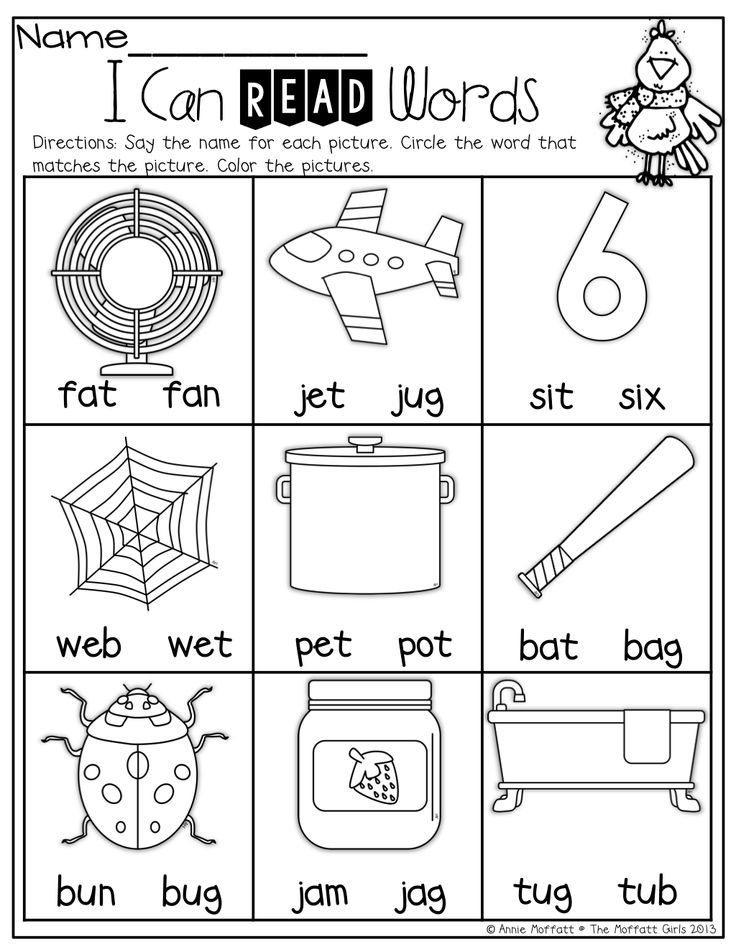
Story — small literary form; a narrative work of small volume with a small number of characters and the short duration of the events depicted. The story describes a case from life, some bright event that really happened or could happen.
In order not to discourage reading, do not force him to read texts that are uninteresting and inaccessible to his understanding. It happens that a child takes a book he knows and reads it “by heart”. Mandatory every day read to your child poems, fairy tales, stories.
Daily reading enhances emotionality, develops culture, horizons and intellect, helps to cognize human experience.
Literature:
Koldina D.N. I read on my own. - M .: TC Sphere, 2011. - 32 p. (Candy).
Teaching Reading - A set of games and tasks to develop reading skills
In the "Teaching Reading" section you will find a lot of interesting educational materials for children of preschool and primary school age.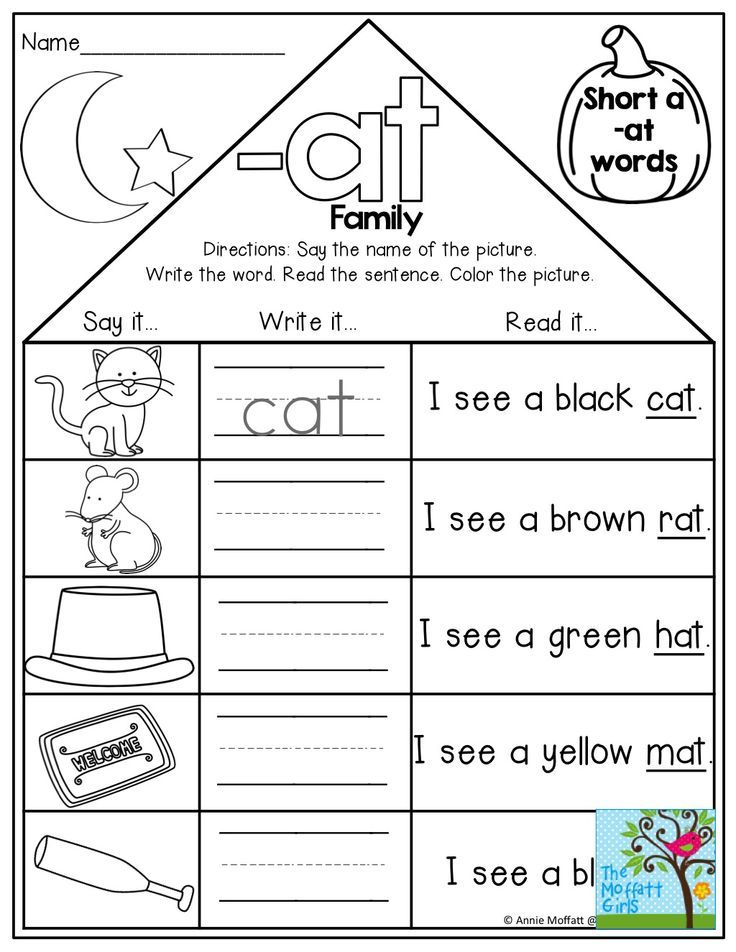 Here are a variety of printable educational materials designed to teach preschoolers to read, as well as to test the child's level of knowledge in the humanities. These tasks are suitable for regular homework with the child, developing his speech and intellectual abilities, as well as fully preparing him for the school curriculum.
Here are a variety of printable educational materials designed to teach preschoolers to read, as well as to test the child's level of knowledge in the humanities. These tasks are suitable for regular homework with the child, developing his speech and intellectual abilities, as well as fully preparing him for the school curriculum.
Also in this section you will find classes on the development of reading skills and verbal-logical thinking. This category contains printable tasks that educators can use as didactic material for working with a group of children. Teaching reading to preschoolers is always faster and more effective when it sparks a child's interest. So do not neglect the variety of materials presented to make classes with your child more fun and interesting.
Write a word from letters - Reading task
In this section you will find many tasks, each of which requires you to make a word from letters. In some tasks, you need to compose words from given letters, and in some you need to learn the letters yourself (by the first letter of each word-picture).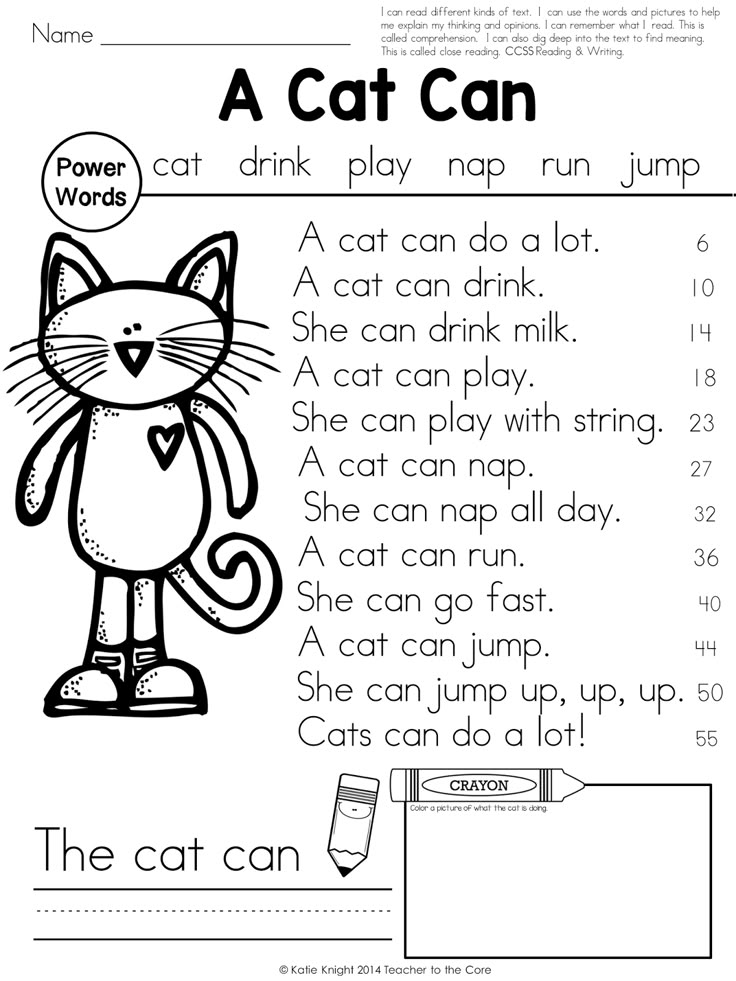 There are also tasks in which you need to make words from mixed letters or find hidden words.
There are also tasks in which you need to make words from mixed letters or find hidden words.
Stories with pictures instead of words for children
Here you can download short stories for children with pictures instead of words for children of preschool and primary school age. When reading the presented stories, you need to insert the right words instead of pictures. This kind of learning to read is very interesting for children who are learning to read.
Russian alphabet in order for preschoolers
Here we will study the Russian alphabet in order, from the letter A to the letter Z. Two letters are given on each worksheet. Each letter corresponds to several pictures. You need to circle only those picture words that begin with a given letter.
Learning the Russian alphabet
In this section you can download materials that will help you learn the Russian alphabet easily and simply. Here are special tasks for teaching the Russian alphabet, and cards with letters for printing, and much more .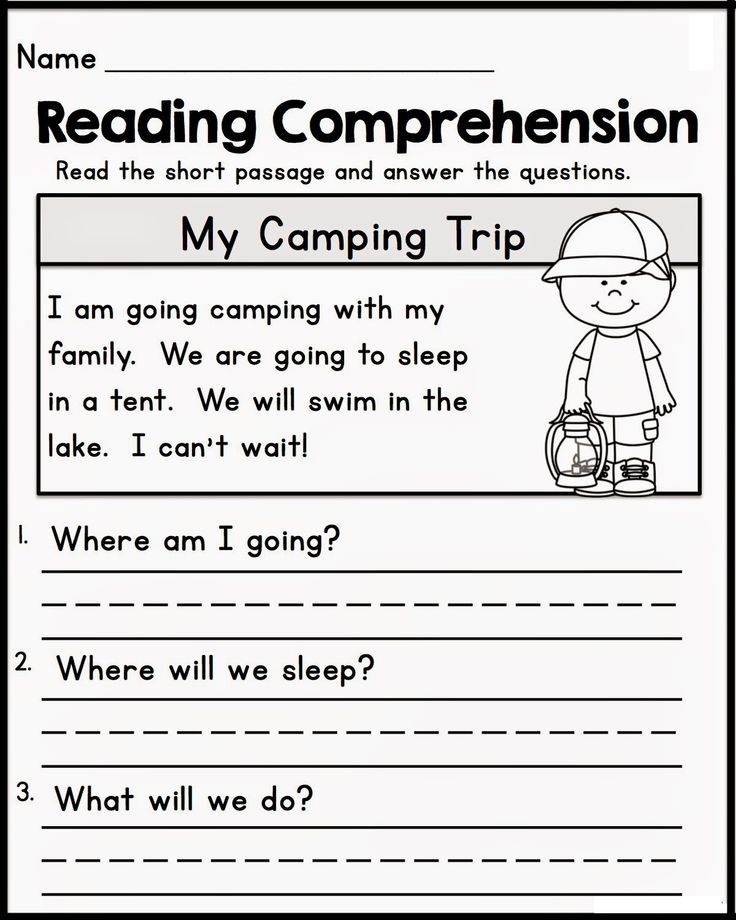 ..
..
Find a word by spelling in a square
In these colorful tasks for learning to read, the child needs, guided by pictures, to find a word by spelling in a special square, where the letters are arranged in a chaotic order. Each search word corresponds to one picture outside the square. The order of letters in words can be horizontal, vertical and diagonal. Here you need not only to be able to read words, but also to be very careful to find them ...0004
Read by syllables are activities and printouts that teach children how to form words from syllables. Here you can download various tasks, print on a printer and work with your child following the instructions for each task.
Semantic reading - Working with text for children
Here you have to complete tasks for semantic reading. Working with text is a very important stage in teaching children to read. In these tasks, the child will practice finding synonyms and antonyms for words, understand and interpret the meaning and meaning of words and sentences, summarize and name the signs of objects, analyze the read text and answer questions asked about it, learn to compose sentences and stories, write dictations and much more other.